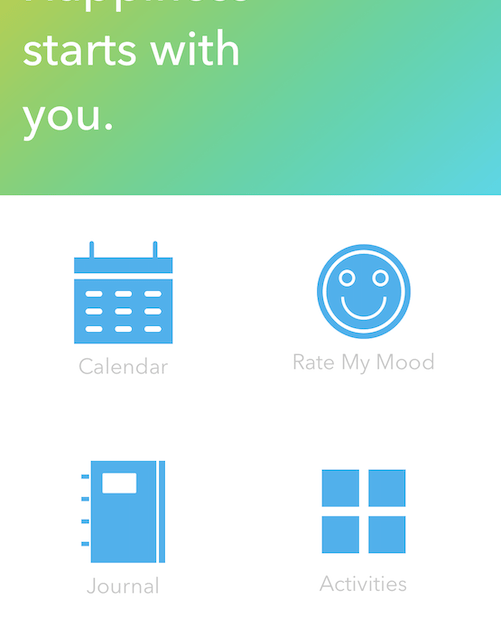LU Researcher Studying Mental Health App
By Amy Sellors
Mental health challenges have gained more attention since COVID-19, and most of us can use some support. But where do you go when you’re feeling low? One option is to grab your phone and look for help—an article, a website, or a therapist.
Dr. Aislin Mushquash is a clinical psychologist in Thunder Bay. She provides services through the Thunder Bay Regional Health Sciences Centre’s Paediatric Healthy Living Program and is an assistant professor conducting research at Lakehead University. Her focus is coping. “It’s both ends of the spectrum. I examine how and why we cope ineffectively—substance abuse, binge-eating, procrastinating—and I also promote and support positive coping,” she says. “As a psychologist I do this one-on-one. As a researcher I try to understand larger groups and make generalizations to inform policy.”
Currently, Mushquash’s research is focused on the JoyPop app, created by Dr. Christine Wekerle.
Working alongside Mushquash is PhD student Ashley MacIsaac, who says that “the JoyPop app provides strategies for important foundational skills like emotion regulation. The biggest benefit of having these tools at your fingertips is that they can become part of your daily routine. Participants indicated that the more they used the app, the more it became habit over time.”
Your app store has a long list of mental health apps. How do you decide? Apps are mostly rated for ease of use, not efficacy. “Mental health apps allow a much wider audience to receive help, and at low cost to the user; however, this also means that it is easy for many apps, which are not evidenced-based and potentially harmful, to reach consumers,” says MacIsaac.
Mushquash is part of a team brought together by Wekerle. Researchers across the country test the app with groups of people in various states of stress. The initial focus is to ensure it doesn’t contribute to any harm. Next, does it contribute to positive outcomes—people’s ability to understand and manage difficult emotions? Does it reduce stress and anxiety? Mushquash began her testing with Lakehead students. Based on those results, the evaluation will expand into clinical services with Children’s Centre Thunder Bay and Dilico Anishinabek Family Care. The Thunder Bay Community Foundation has been an essential support system in this process.
Improving an individual’s mental health is important. Creating systemic change to improve mental health for large groups is vital. “The JoyPop app is one tool within a larger system, and we need to find the best ways to use it,” says Mushquash, adding that the ongoing research is tackling a wide variety of questions, including whether JoyPop can be a tool that counselors use with clients, and whether youth can use it while waiting for services, like a preparatory tool to have them start identifying their emotions and how to manage and tolerate them. Other queries include: does it make them better prepared to make use of counselling services? Can prep work make counseling more useful faster, given that we know there is a high demand for mental health services and not enough accessible supply? And does the app reduce symptoms and/or motivate someone to ask for help? “If this app changes how ready someone is and how much help they need, that has a system-wide impact,” Mushquash says. “It benefits the youth who are using it as well as the whole system. It helps more people sooner.”
Opening an app can be easier than asking for help. Streamlined and visually interesting, a compelling feature of JoyPop is journalling. Journalling “provides a way for users to think about how they’re feeling and organize their thoughts, but it also provides something concrete to focus on—a positive distraction,” says Mushquash. “Guided prompts may draw the user away from their immediate stress and have them focus on resilience and adapting.”
You can click read the published quantitative findings at mhealth.jmir.org/2021/1. Qualitative findings as well as an e-book containing all of the research results are due for publication soon. For information on the research being conducted in Thunder Bay and how you or your organization can get involved, visit aislinmushquash.com. See the app in action on YouTube, and learn more about the app’s founder at youthresilience.net.















